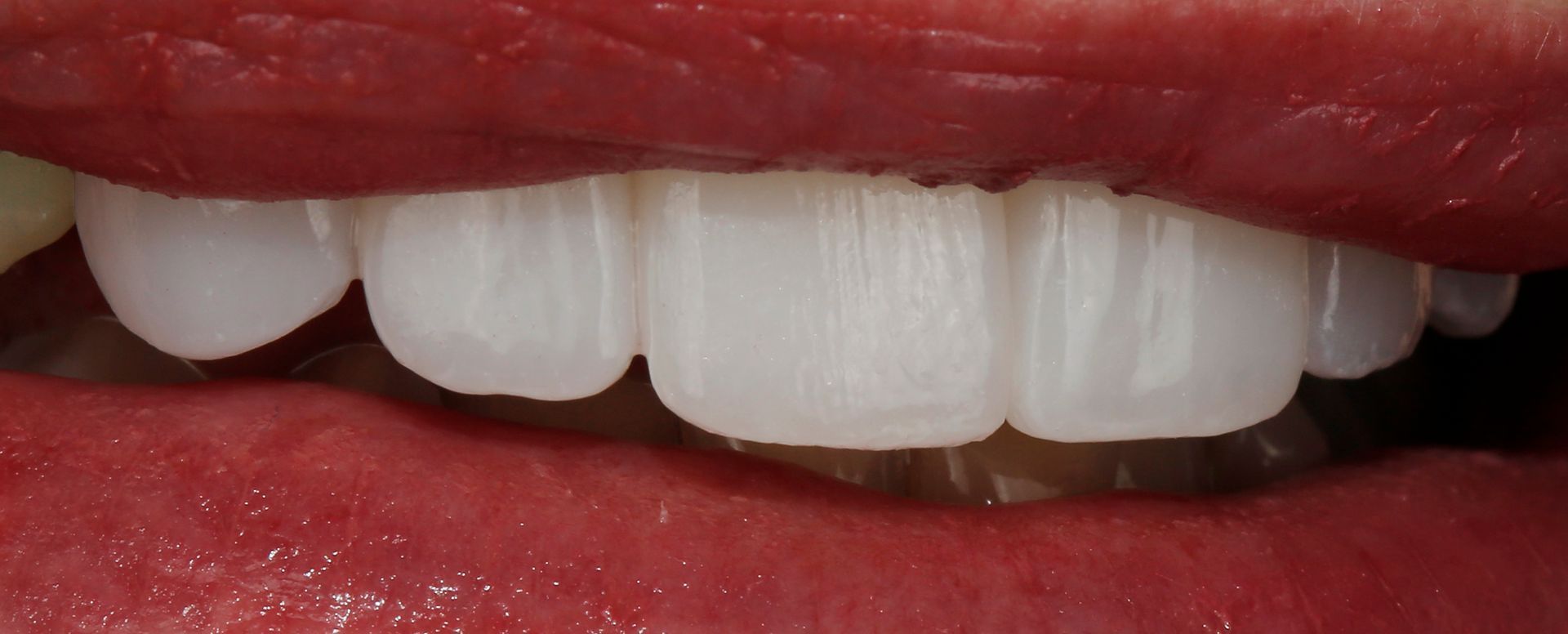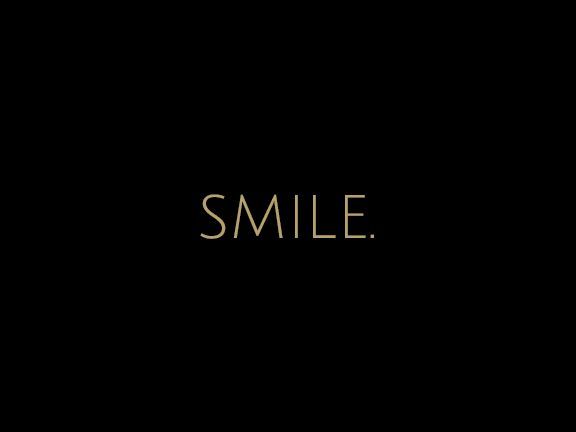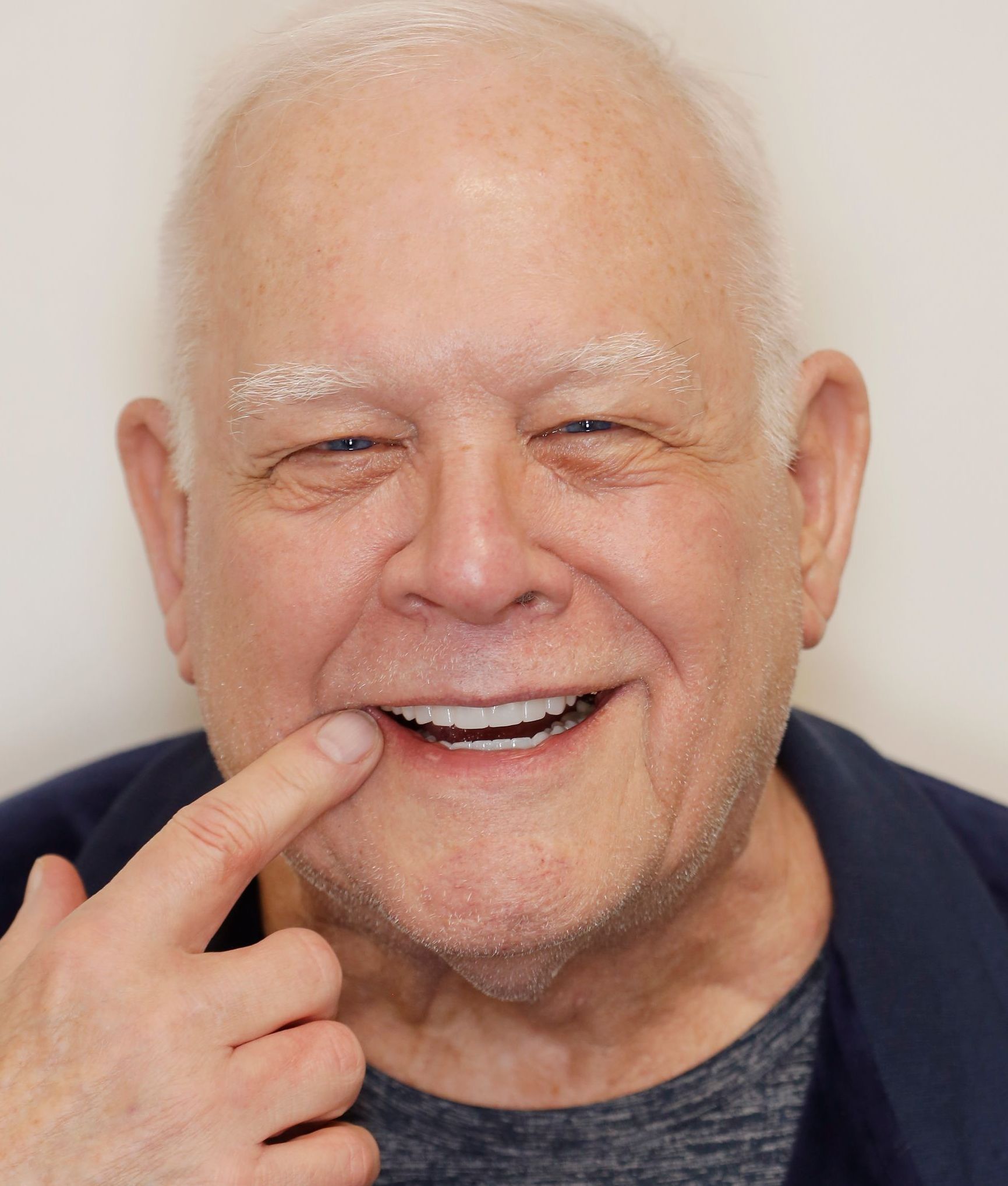How Long Do Veneers Last?
Denver's
Top Cosmetic Dentist
How Long Do Veneers Last?
Do you have chipped, discolored, or cracked teeth? Looking for a way to improve them cosmetically? If so, you might be considering veneers.
What you might be wondering, though, is how long do veneers last. In truth, the duration of veneers varies from situation to situation. They could last for as long as 20 years.
So, to help you better understand veneer shelf-life, we're going to dive deep into the topic below. Here's everything you need to know about veneer lifespan.
How Long Do Veneers Last? Factors That Affect Veneer Lifespan
As was noted above, some veneers last up to 20 years. So, to better help you understand how long a dental veneer might last, we're going to discuss the factors that most commonly affect veneer lifespan. These factors include the following:
The State of Your Teeth
First and foremost, you should know that the state of your teeth will affect how long your veneers last. If your teeth are highly cracked or chipped prior to being covered with veneers, your veneers are likely not to last as long as they would on, say, a discolored tooth that is otherwise healthy with no cracks.
The Quality of Your Oral Hygiene
The quality of your oral hygiene can affect the duration of your veneers as well. If you fail to brush twice a day, fail to floss once a day, and miss out on your 6-month dental checkups, your veneers will lose efficacy quicker than they would if you adhered to perfect oral hygiene practices.
If you want your veneers to last as long as possible, brush and floss regularly. Not only will your veneers last longer but your teeth and gums will be healthier as well.
Physical Impact
Any direct physical impact will also have an effect on the duration of your veneers. If your veneer is hit while you're playing football or basketball, there's a decent chance that it will be jarred loose. While it might not fall off immediately, its lifespan will be drastically reduced.
This is why, when playing contact sports, you should wear a mouthguard. It will not only protect your veneers but your natural teeth as well.
How Your Teeth Are Used
Veneer lifespan can also be affected by the way that you use your teeth. If you use them only to eat, your veneers should, more or less, be all right. The only exception is if you bite into something hard, like a bone, hard bread or hard candy (this could jar the veneer loose).
If you're using your teeth to assist with other tasks, there's a good chance that you'll damage your veneers in some way. For instance, if you attempt to tear a plastic box open with your teeth or bit your fingernails, your veneers might become loose or chip. As such, you should avoid such a practice entirely.
Teeth Grinding
People grind their teeth for a number of reasons. Some do it out of habit; others do it out of stress; some do it because they like the sound it makes.
Regardless, however, teeth grinding is harmful to your teeth. Not only can it wear down natural enamel but it can also do damage to veneers, drastically reducing their lifespan over time.
If you have a problem with teeth grinding, we can discuss options for a protective appliance, such as a nightguard.
The Hardness of the Foods You Eat
We already mentioned this but now we're going to highlight it: if you eat hard foods, your veneers will become more susceptible to damage. This is because hard foods can put tremendous pressure on veneers, causing them to loosen up.
If you do eat hard foods (such as boned meats, nuts, and the like), you should take great care when chewing them. Be cognizant of where your veneers are located in your mouth. Then, take great care so as not to subject them to too much pressure.
The Quality of the Application
The last factor that can affect the duration of a veneer is the quality of its application. If applied flawlessly, it has the best chance of seeing the full extent of its durability. If mistakes are made during its application, it's bound to lose a few years off its lifespan.
This is why, if getting veneers, you need to choose a reputable cosmetic dentist. They'll ensure that your teeth are properly prepared. They'll then apply the veneer for optimal performance.
The Typical Lifespans of Different Veneer Materials
While the factors discussed above have some effect on the duration of veneers, one of the biggest factors when it comes to veneer lifespan is the material that the veneers are made from. There are three principal types of veneers, and each is designed to last a different length of time. Let's discuss the specifics of each material below, shall we?
Porcelain Veneers
The best dental veneer material is porcelain. Not only do porcelain veneers look like real teeth, but they're also highly durable. Generally speaking, you can expect porcelain veneers to last 10 to 20 years.
Now, this comes at a cost; porcelain veneers are certainly more expensive than their competitors. However, depending on how long they last, they can actually provide greater bang for their buck.
Composite Veneers
Composite veneers are generally quite aesthetically pleasing. Most cosmetic composites does not stain over time, but the margin where the tooth meets the composite can stain and may need to be polished from time to time.
While Porcelain veneers last between 10 and 20 years, composite veneers last between 5 and 10 years. Composite veneers are more affordable and more conservative (require no enamel removal). Composite veneers are more fragile than porcelain veneers, but are easier to repair if there is a small chip.
Why Get Dental Veneers? The Benefits of Veneers
Now that we've discussed the lifespan of veneers, let's talk a bit about the benefits of getting veneers. The biggest benefits include the following:
They Look Real
Perhaps the biggest benefit of dental veneers is that they look real. They're translucent in appearance and therefore blend in perfectly with the teeth upon which they're applied.
Generally speaking, passersby won't even notice the difference between a veneer and an authentic tooth. So, if you want to improve the functionality of a cracked tooth without detracting from its appearance, a dental veneer is a good way to go.
They Can Make Dark Teeth Look Lighter
Not only do veneers look real but they also have the ability to make dark teeth look lighter. This makes them great for those with yellowed and discolored teeth. Veneers will bring you that white smile you have always wanted.
They Don't Necessitate Much Tooth Shaping
When you have a crown inserted, it's often necessary to have the tooth underneath shaped for better positioning. When shaping occurs, it requires the elimination of some of the tooth's enamel. This is bad for the tooth in the long run.
With veneers, however, only small amounts of tooth shaping are required. In fact, often, the dentist won't have to shape the tooth at all. In essence, veneers keep the teeth healthy without compromising on aesthetics.
They Fix a Range of Tooth Issues
There are a variety of tooth issues that veneers can fix. Whether it's a cracked tooth, a chipped tooth, or a stained tooth, dental veneers can be used to fix the problem. Dental veneers can also be used to visually cover tooth gaps.
Have teeth that are disproportionate to one another? If so, you could use a dental veneer to increase the size of one tooth.
Of course, they also work to cover stained or yellowed teeth. They'll conceal these teeth entirely, never letting passersby see the discoloration below.
Looking to Get Dental Veneers in Greenwood Village, CO?
Now that you know how long veneers last, you might be looking to get some. If so, and if you're looking to get dental veneers in Greenwood, CO, look no further than Smile Essentials.
We've provided dental veneers to countless patients, helping to improve the look and functionality of their damaged teeth.
Contact us today to schedule a dental veneer appointment!






















